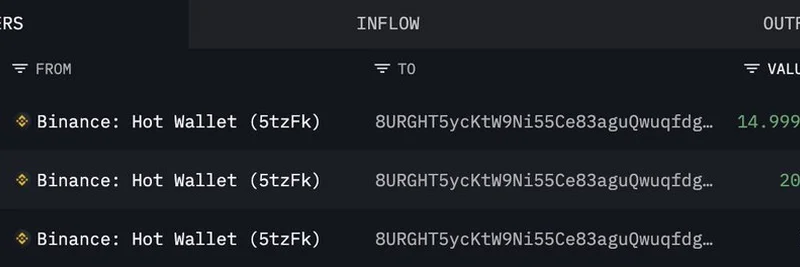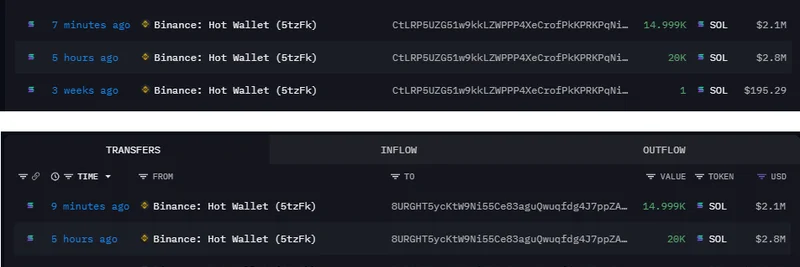In the fast-paced world of crypto, where meme tokens like Dogecoin and Shiba Inu can skyrocket overnight, a new warning from Ethereum's co-founder Vitalik Buterin has everyone buzzing. According to a recent tweet from crypto influencer Mr. Whale, Vitalik suggests that quantum computers might get powerful enough to crack the security of Bitcoin and Ethereum before 2030. That's a big deal, especially for those of us diving into meme coins built on these blockchains.
What Exactly Did Vitalik Say?
Vitalik didn't just drop this bombshell out of nowhere. Back in August 2025, he estimated there's about a 20% chance that quantum computers could break the cryptographic systems underpinning most cryptocurrencies by 2030. This includes the elliptic curve cryptography used in Bitcoin and Ethereum wallets. In simpler terms, quantum computers are super-advanced machines that can solve complex problems way faster than today's computers, potentially unlocking private keys and exposing funds.
The tweet summarizes this ongoing concern, reminding the community that preparation isn't optional—it's essential. As Mr. Whale put it: "Vitalik Buterin says quantum computers could become strong enough to break the security behind Bitcoin and Ethereum sometime before 2030, and the crypto industry needs to prepare for it." The replies are a mix of agreement, FUD (fear, uncertainty, doubt), and even some meme coin plugs, showing how this news ripples through the space.
Breaking Down the Quantum Threat
Let's keep this straightforward: Traditional computers use bits (0s and 1s), but quantum computers use qubits, which can be both at once thanks to superposition. This allows them to perform calculations exponentially faster. For crypto, the worry is algorithms like Shor's, which could factor large numbers and break encryption that secures transactions and wallets.
Right now, quantum tech isn't there yet—current machines have limited qubits and high error rates. But progress is rapid, with companies like Google and IBM pushing boundaries. Vitalik's 20% estimate comes from assessing timelines, and it's echoed in reports from sources like The Economic Times and CCN.
How This Affects Meme Tokens
Meme tokens, often launched on Ethereum or wrapped Bitcoin assets, rely on the same underlying security. If quantum computers crack ETH's keys, it could spell chaos for tokens like PEPE or FLOKI. Imagine hackers draining liquidity pools or whale wallets—prices would plummet amid panic selling.
But it's not all doom. Many meme communities are resilient, driven by hype and culture rather than just tech. Still, for long-term holders, this is a wake-up call. Projects on quantum-resistant chains or those adopting post-quantum cryptography (PQC) might gain an edge. Solana-based memes, for instance, could pivot faster if their ecosystem upgrades.
Preparing the Crypto Industry
The good news? Solutions are in the works. Ethereum's roadmap includes transitioning to quantum-resistant algorithms, like lattice-based cryptography. Bitcoin devs are discussing similar upgrades, though consensus takes time. Organizations like the Post-Quantum Cryptography Alliance are standardizing defenses.
For meme token enthusiasts, stay informed: Follow updates from Vitalik's blog or Ethereum Foundation. Diversify into projects exploring quantum safety, and always use hardware wallets with strong seeds. As one reply to the tweet noted, "The crypto industry are already preparing for this," and that's spot on.
This quantum scare underscores why meme tokens aren't just fun—they're part of a evolving blockchain ecosystem. Keep an eye on developments, and who knows? Maybe a quantum-resistant meme coin will be the next big thing.



